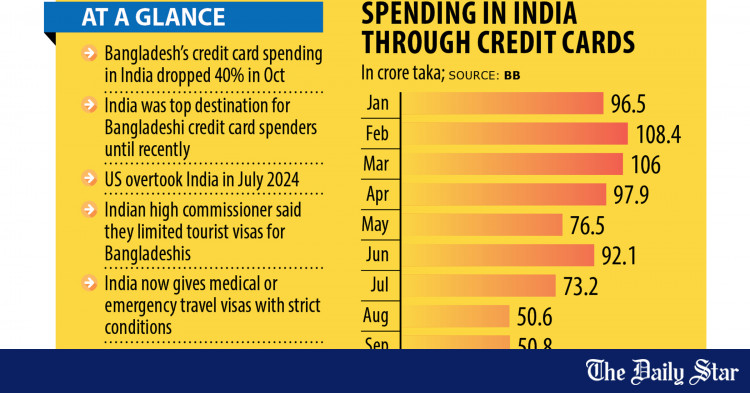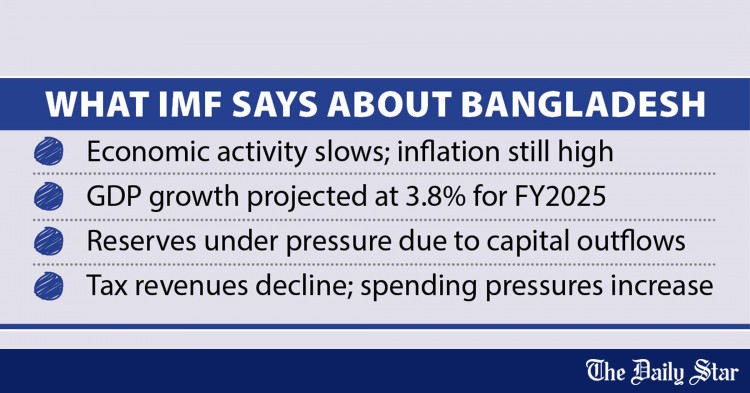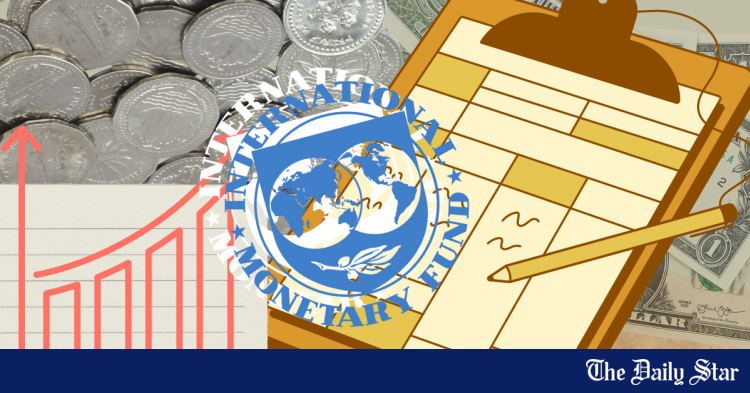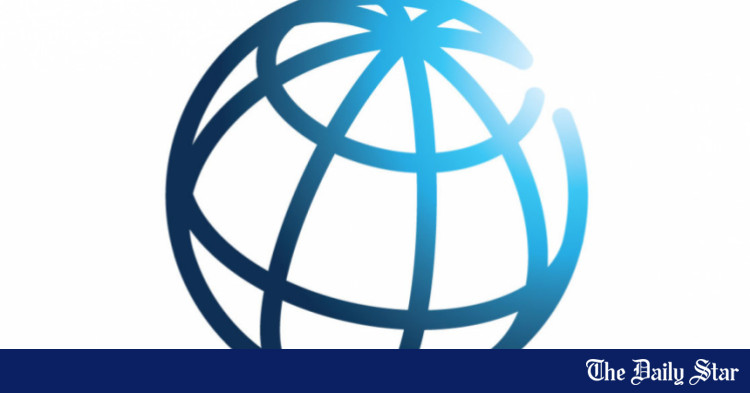- Copy to clipboard
- Thread starter
- #391

Chinese investments quadrupled, India’s doubled
Investments from China and India significantly increased during the last fiscal under the deposed Awami League government
Chinese investments quadrupled, India’s doubled
Shovongkor Karmakar
Dhaka
Published: 14 Dec 2024, 15: 07

Investments from China and India significantly increased during the last fiscal under the deposed Awami League government. In the 2023-24 fiscal, Chinese investment quadrupled while Indian investments doubled as compared to the previous fiscal. Still, the overall foreign direct investment (FDI) has not improved much. The 2023-24 fiscal saw the lowest foreign investments in three years.
These figures came in a Bangladesh Bank (BB) report which states the total amount of foreign investment in the outgoing fiscal was USD 1.47 billion. The amount is 8.8 per cent less than that of 2022-23 fiscal. Bangladesh received USD 1.61 billion in foreign investment in the 2022-23 fiscal, which was USD 1.72 billion in the previous fiscal. Meanwhile, the country’s foreign investment balance stood at USD 17.54 billion by the end of the last fiscal.
Investments from China and India saw a surprising rise in the last fiscal. Investments from China rose to USD 280 million in the 2023-24 fiscal from USD 68.1 million in the previous fiscal. As such, Chinese investments in Bangladesh have quadrupled or have increased by 316 per cent in the last fiscal. However, investment from China was the highest USD 428.1 million in the 2021-22 fiscal in three years.
In the meantime, investments from India have been rising for the last two fiscals. Indian investment to the country stood at USD 130 million in the last fiscal, which was 89 per cent higher than that of in the previous fiscal. Indian investment in Bangladesh was USD 70 million in the 2021-22 fiscal.
Apart from China and India, Bangladesh saw a rise in foreign investments from several countries including Norway, Singapore, Japan, Sri Lanka, Turkey and Malaysia. Of them, an investment of USD 90 million came from Norway, which was just USD 10 million in the previous year. Investments from Singapore also rose to USD 90 million in 2023-24 fiscal from USD 50 million in the previous fiscal.
A study published by the Centre for Policy Dialogue (CPD) last month says corruption has long been the main challenge in running businesses in the country. This year too, around 17 per cent of the business owners identified corruption as the main hindrance to run a business in the country
The United Kingdom has the highest investment in the country compared to other countries. Bangladesh received investments of USD 506.5 million in the last fiscal too, the highest from any country. However, it was slightly lower than the total UK investments in Bangladesh in the previous fiscal. Bangladesh received investments of USD 507.9 million from the UK in 2022-23.
According to the BB report, the readymade garment (RMG) sector draws the highest amount of foreign investments. However, foreign investment in the sector dwindled by 18.16 per cent to USD 440 million in the last fiscal.
The RMG sector is followed by the banking sector with an investment of USD 230 million, chemical and pharmaceutical sector with USD 120 million, gas and petroleum sector with USD 120 million, USD 100 million in the telecommunication sector, agriculture and horticulture with USD 60 million and the leather industry with an investment of USD 50 million. All these sectors, except the chemical and pharmaceutical and agriculture sectors saw a decline in foreign investments as compared to the previous fiscal.
As a consequence of the fall in the FDI, new investment (equity) and reinvestment also declined. Only 45 per cent of the total USD 1.46 billion of foreign investments last year was new investment. The rate of new investment inflows has been declining for the last two fiscal years.
Meanwhile, a total of USD 610 million was reinvested in the 2023-24 fiscal, which was USD 790 million in the previous fiscal.
Local and foreign businesspersons doing business in Bangladesh say it conveys a negative impression to investors when those who have been running businesses in the country for a long time are in trouble. If the overall business is improved, then it will be easier to draw more foreign investments.
A study published by the Centre for Policy Dialogue (CPD) last month says corruption has long been the main challenge in running businesses in the country. This year too, around 17 per cent of the business owners identified corruption as the main hindrance to run a business in the country.
Apart from corruption, the study identified some 17 major challenges, including limited finance, unstable foreign currency rate, high inflation, incompetent bureaucracy, high tax rate and arbitrary policy changes, to run a business in the country.
Speaking to Prothom Alo, chairman of Research and Policy Integration for Development (RAPID) MA Razzaque said, “Investments from China are shifting due to its trade war with the US. China already has vast investments in Vietnam. So there are not that many opportunities there. At the same time, due to geopolitical reasons, there won't be much Chinese investments in India. Even the Indian government won’t show much interest. So, considering everything, there is a good opportunity to increase Chinese investments in Bangladesh.”
MA Razzaque said, “Foreign investments will increase in the next two or three years if four or five things are done sincerely. First, the forex reserve must not decline any further. Second, an uninterrupted gas and electricity supply must be ensured. Third, instead of 100 economic zones, we should focus on the reform of one or two zones to convey a message to the investors that we are ready. Besides, a one-stop-service should be introduced to settle business related disputes.”
*This report appeared on the print and online versions of Prothom Alo and has been rewritten in English by Ashish Basu.
Shovongkor Karmakar
Dhaka
Published: 14 Dec 2024, 15: 07
Investments from China and India significantly increased during the last fiscal under the deposed Awami League government. In the 2023-24 fiscal, Chinese investment quadrupled while Indian investments doubled as compared to the previous fiscal. Still, the overall foreign direct investment (FDI) has not improved much. The 2023-24 fiscal saw the lowest foreign investments in three years.
These figures came in a Bangladesh Bank (BB) report which states the total amount of foreign investment in the outgoing fiscal was USD 1.47 billion. The amount is 8.8 per cent less than that of 2022-23 fiscal. Bangladesh received USD 1.61 billion in foreign investment in the 2022-23 fiscal, which was USD 1.72 billion in the previous fiscal. Meanwhile, the country’s foreign investment balance stood at USD 17.54 billion by the end of the last fiscal.
Investments from China and India saw a surprising rise in the last fiscal. Investments from China rose to USD 280 million in the 2023-24 fiscal from USD 68.1 million in the previous fiscal. As such, Chinese investments in Bangladesh have quadrupled or have increased by 316 per cent in the last fiscal. However, investment from China was the highest USD 428.1 million in the 2021-22 fiscal in three years.
In the meantime, investments from India have been rising for the last two fiscals. Indian investment to the country stood at USD 130 million in the last fiscal, which was 89 per cent higher than that of in the previous fiscal. Indian investment in Bangladesh was USD 70 million in the 2021-22 fiscal.
Apart from China and India, Bangladesh saw a rise in foreign investments from several countries including Norway, Singapore, Japan, Sri Lanka, Turkey and Malaysia. Of them, an investment of USD 90 million came from Norway, which was just USD 10 million in the previous year. Investments from Singapore also rose to USD 90 million in 2023-24 fiscal from USD 50 million in the previous fiscal.
A study published by the Centre for Policy Dialogue (CPD) last month says corruption has long been the main challenge in running businesses in the country. This year too, around 17 per cent of the business owners identified corruption as the main hindrance to run a business in the country
The United Kingdom has the highest investment in the country compared to other countries. Bangladesh received investments of USD 506.5 million in the last fiscal too, the highest from any country. However, it was slightly lower than the total UK investments in Bangladesh in the previous fiscal. Bangladesh received investments of USD 507.9 million from the UK in 2022-23.
According to the BB report, the readymade garment (RMG) sector draws the highest amount of foreign investments. However, foreign investment in the sector dwindled by 18.16 per cent to USD 440 million in the last fiscal.
The RMG sector is followed by the banking sector with an investment of USD 230 million, chemical and pharmaceutical sector with USD 120 million, gas and petroleum sector with USD 120 million, USD 100 million in the telecommunication sector, agriculture and horticulture with USD 60 million and the leather industry with an investment of USD 50 million. All these sectors, except the chemical and pharmaceutical and agriculture sectors saw a decline in foreign investments as compared to the previous fiscal.
As a consequence of the fall in the FDI, new investment (equity) and reinvestment also declined. Only 45 per cent of the total USD 1.46 billion of foreign investments last year was new investment. The rate of new investment inflows has been declining for the last two fiscal years.
Meanwhile, a total of USD 610 million was reinvested in the 2023-24 fiscal, which was USD 790 million in the previous fiscal.
Local and foreign businesspersons doing business in Bangladesh say it conveys a negative impression to investors when those who have been running businesses in the country for a long time are in trouble. If the overall business is improved, then it will be easier to draw more foreign investments.
A study published by the Centre for Policy Dialogue (CPD) last month says corruption has long been the main challenge in running businesses in the country. This year too, around 17 per cent of the business owners identified corruption as the main hindrance to run a business in the country.
Apart from corruption, the study identified some 17 major challenges, including limited finance, unstable foreign currency rate, high inflation, incompetent bureaucracy, high tax rate and arbitrary policy changes, to run a business in the country.
Speaking to Prothom Alo, chairman of Research and Policy Integration for Development (RAPID) MA Razzaque said, “Investments from China are shifting due to its trade war with the US. China already has vast investments in Vietnam. So there are not that many opportunities there. At the same time, due to geopolitical reasons, there won't be much Chinese investments in India. Even the Indian government won’t show much interest. So, considering everything, there is a good opportunity to increase Chinese investments in Bangladesh.”
MA Razzaque said, “Foreign investments will increase in the next two or three years if four or five things are done sincerely. First, the forex reserve must not decline any further. Second, an uninterrupted gas and electricity supply must be ensured. Third, instead of 100 economic zones, we should focus on the reform of one or two zones to convey a message to the investors that we are ready. Besides, a one-stop-service should be introduced to settle business related disputes.”
*This report appeared on the print and online versions of Prothom Alo and has been rewritten in English by Ashish Basu.
















